I spent quite a while working with exotic animals in my younger years, and one of the things that surprised me was how intelligent and full of personality each individual animal I met was. It totally changed the way I understood nature.
It's also how I ended up with a personal vendetta against a parrot named Xander, but only because he outsmarted and made fun of me. Repeatedly. But only when we were alone; he was a total angel in front of anyone else. Dude was a bully and a jerk and I'm not afraid to say it.
So when one Reddit user reached out to zookeepers and asked:
It really got me thinking - how are the animal homies doing? (Except you, Xander.) And I do mean homies.
The average person might not realize how much individual personality the animals at their local wildlife parks have. It's quite possible y'all don't realize there's probably maybe could be a kangaoo named Dave out there bored because he misses you.
Dave misses you. You gotta keep it together and be strong for Dave.
And there's definitely a lonely cockatoo singing Row, row, row your boat longingly to herself because there are no more kids coming in for her to sing to. Seriously. That's one of the responses. Saddest thing ever. Someone get the bird a Zoom so we can all sing with it.
It really got me thinking - how are the animal homies doing? (Except you, Xander.) And I do mean homies.
The average person might not realize how much individual personality the animals at their local wildlife parks have. It's quite possible y'all don't realize there's probably maybe could be a kangaoo named Dave out there bored because he misses you.
Dave misses you. You gotta keep it together and be strong for Dave.
And there's definitely a lonely cockatoo singing Row, row, row your boat longingly to herself because there are no more kids coming in for her to sing to. Seriously. That's one of the responses. Saddest thing ever. Someone get the bird a Zoom so we can all sing with it.
They Don't Care
As a zookeeper coordinator I've been working at the now closed zoo almost every day for the past month. Animals that are free roaming (peacocks, iguanas) are more active, and follow keepers around like they usually do with visitors. Most of the others don't show much change in behavior. Although birds like swans and flamingos are using the edges of their habitats more.
Cuddling Koalas
Most of our animals are happy as long as we can keep their routines, feeding times etc. For some they need a little extra. We do public encounters with our koalas, wombats and snakes among others so we spend an hour or so a day cuddling and handling these animals to keep them happy. A few of our koalas really fret if they don't get their cuddles. Otherwise we just try to continue to spend time with animals that are expecting human interaction and of course we can take things for walks around the place like I'm sure you've seen at other zoos. Our wombats love a run and sniff, dingoes as well.
- sdooj
Who's Watching Who?
 Giphy
GiphyI live close by the zoo and we get updates a lot. In our local zoo (I live somewhere in Europe,) the apes started to miss the visitors. Keepers could tell they missed the visitors because the apes became very bored and are much more excited about the keepers than usual; apparently they watch the visitors as much as the other way around.
The keepers now have to pay them more attention to and they also do stuff like hide food for them as a game. So they brought in an artist in who's now just painting in the empty monkey house so the apes have someone to watch.
A Wombat Vendetta
Due to temporary staff cuts, they no longer have the people to regularly walk the wombats. Some of the wombats are holding the keepers personally responsible. Imagine having a 20kg chunk of muscle with big rodent teeth mad at you.
The Shire Horse
I work on an activity farm. There is a 22 year old Shire horse. He acts like a d*ck when there are customers around.
Basically, if he sees any customer feeding any other animal in the large barn where he hangs out in the day, he will stare at them and stomp his front hoof on the ground. That guarantees they look at him. If they don't immediately come over to feed him, he will start kicking the heavy metal bars that divide his area and the pen next door. This makes one hell of a noise. And he will keep it up, all whilst staring at the person with the food. If they feed him then he rewards them by slobbering all over their hands as he takes the food.
Also, at the end of the day he is really good at telling the time. He knows when we close and what time he should be released from the barn and taken to the field/stables where he spends the night. If he isn't let out bang on time he starts kicking the gate at the back of his pen. This is a big metal gate and it sounds like someone playing a giant glockenspiel with a sledgehammer. He will keep this up until it is opened.
Some customers are just scared to hand feed him. He is massive and his mouth is big enough to easily fit someone's hand in. Some customers come up to me with their bag of food and ask me if I will feed him, because "He keeps staring at me but I'm a bit too nervous to feed him." I happily oblige. I love that ornery old bastard.
With no customers, he's actually still a d!ck. That being said, he's still awesome.
- Nicklo2k
Curious About Us
My wife works at the gift shop for our zoo and the other day we had to go move some stuff around in the store because due to some heavy rains, it had flooded a bit.
Of course we took a lap around the empty park (other than the keepers and few maintenance workers) and found that all the animals were really active and playful. A lot of them seemed really curious about us too. I'm sure they get used to seeing crowds every day and were starving for attention.
Nobody To Sing For
 Giphy
GiphyFor a lot of our animals, having the ability to interact with guests is actually extremely important. Even for primates to be able to play with kids through the glass, they are missing out on a lot of enrichment. Guests keep a lot of the monkeys entertained. I watch our guests all day long show our marmosets and capuchins selfie cameras and they LOVE to see their reflection. Guests will also show videos on their phones to animals and the monkeys totally enjoy it.
We have a rescue cockatoo named Row who sings "row row row your boat" to guests. When little kids dance and sing it to her, she gets really excited and feeds off their energy. So do our other cockatoos on exhibit. But now without guests to show off for, every now and then when it's quiet we'll hear her start "row row row..." and then she stop and huffs a bit and gets really quiet and sad because she has no one to sing to. Some of our animals REALLY miss having kids to show off for.
You also have to remember that animals in zoos for the most park have grown up totally accustomed to being around people 24/7. They're not wild animals at all really. They've grown up in a very different social dynamic. Quite a few animals get noticeably depressed in the winter months every year when we have few guests, and then perk up in the spring when we get busy.
Depressed
My girlfriend is a zookeeper and animal behaviorist. She says their animals are becoming stressed. One of their African Grey birds has been plucking his own feathers.
She also mentioned that because they can't touch many of the animals due to the virus potentially spreading to another zookeeper, many of the animals are looking and acting depressive, not eating well, etc.
Aquarium Activity Increases
I'm an aquarium keeper, and I've certainly noticed a change. Fish are not as stressed as they use to be, as there are no longer children stomping around and banging on glass screaming "NEMO, NEMO, ITS NEMO" at every clownfish.
We brought some of our younger penguins down to let them watch the fish, and they were intrigued but confused as to why they couldn't catch them through the glass.
Our octopus has become much more friendly as well, and instead of hiding all day from people, enjoys playing with small baby toys or solving food puzzles. Its been nice.
I wish there were guidelines people had to sign to behave at zoos before entering, but at the same time, they are the lifeline we so desperately need to keep functioning.
- Qiklash
Fellow octopus keeper here. Without the crowds scaring her into her cave, our GPO has gotten straight up fiesty. She's so active, I've encouraged our parrot keepers to go past her when taking the birds on walks just for a little extra visual stimulation. She's got quite the love affair with one of the cockatoos.
Both More And Less Stressed
Not a whole lot of change, but animals definitely missing out some enrichment of seeing guests, especially the otters that follow the kids in the glass under water. Takin, maned wolves, bison, gibbons, birds of prey, lions, etc all are about the same. Some of our animals that are skittish have been standing closer to the fence where guests usually are (zebras, gazelle) which is nice.
It's kinda this weird balance of being both more and less stressed. On the one side, I don't have to worry about keeper talks or tours and I have more time to get everything done and spend more time with animals. On the other side we're skeleton crewed and there's less of us to care for the whole zoo, so I'm working a lot more in areas I don't usually cover as often.
There's one kangaroo that still tries to box me while the emu is shifting. The one peacock still really doesn't like taking his medications of course.
I have noticed that the crows in the city are behaving a bit differently as well; they are being a lot braver lol
Jealous Birds
Bird keeper here: the penguins weren't sure it was really feeding time if no one was watching them... they're a little bit exhibitionists. (Especially Hubig/Ocio. They've been caught going at it in front of the windows during public hours and then basically avoiding each other when we're closed...) After a few days they adjusted.
However the parrots are demanding alllll the snuggles and attention, but heaven forbid one sees you snuggle someone else even if they JUST had their turn. So the macaws get to go on individual walks and get snuggles elsewhere so my ears don't start bleeding from the screaming.
Eagle Eggs And Bored Goats
 Giphy
GiphyThe majority of our wild animals haven't been behaving differently. This is probably because their exhibits have visual blockers where they can avoid the public eye if they want.
The only exception to this is our eagles who laid an egg for the first time in the 13 years they've been here.
Our domestic animals, especially the goats, miss you guys. They are used to having members of the public come to feed and interact with them. It is very enriching and while we provide them with toys, puzzle feeders, browse, and other treats we don't have tons of time to spend one on one with them.
Loving It
I work at a museum that also is an animal rescue. Our animals are loving it! Our beaver has been allowed to walk around and explore the museum with staff supervision. Our macaw has been free to fly around as much as he pleases. It's amazing to see the animals explore and see new sights. However, I do think the macaw especially misses the attention he gets from visitors.
Zoo Cats
I look after the cats at our zoo. Not the big cats mind you, just the regular domestic cats and I can say with absolute confidence that the cats simply don't give a fck if people are around or not.
Suspicious Giraffes
Our giraffes have gotten a bit suspicious without the guests being around. It seems to be really spooking them. The gorillas are happy though as they don't really like the guests so they are spending way more time outside which is nice.
Oh and i just remembered that the zoo is running extra announcements over the loud speakers aside from the usual to keep the animals used to the sound of the speakers.
The Human Exhibit
Friend of a zookeeper here.
He manages the apes and monkeys. And currently he is also doing his best to entertain them.
While other animals seem to relax to the max, the apes are just bored without their human exhibit.
Do you have something to confess to George? Text "Secrets" or " " to +1 (310) 299-9390 to talk to him about it.
" to +1 (310) 299-9390 to talk to him about it.

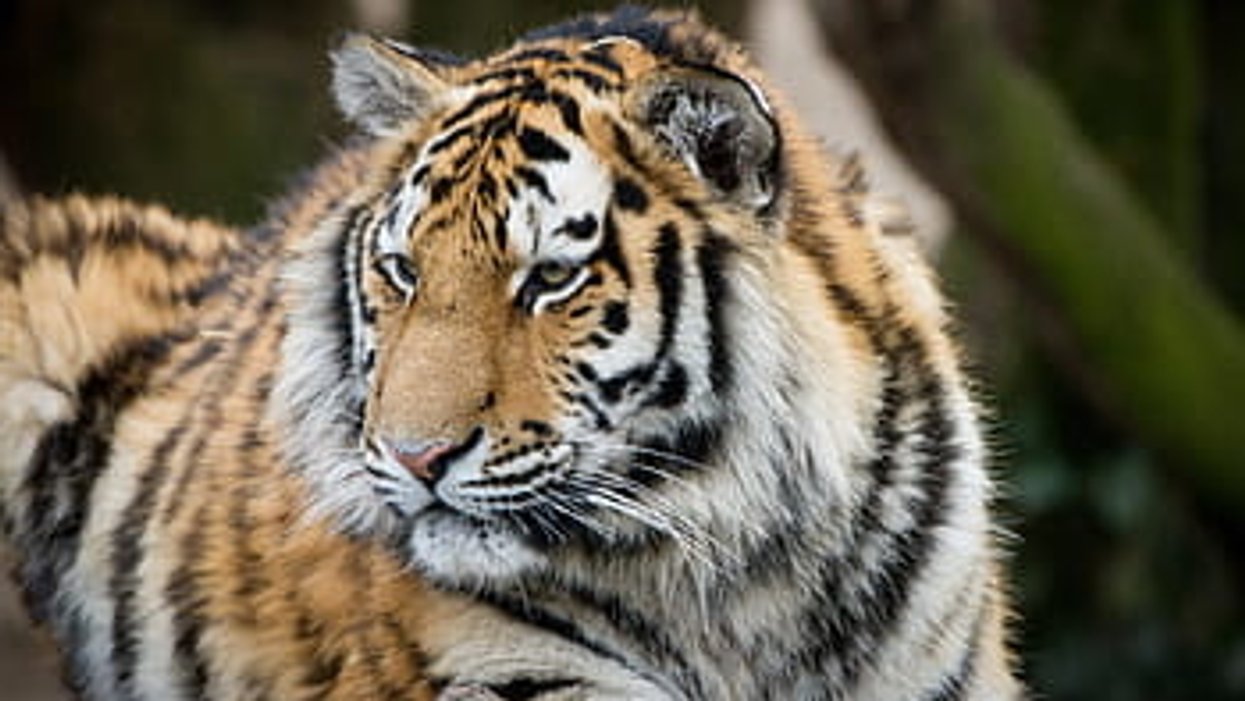

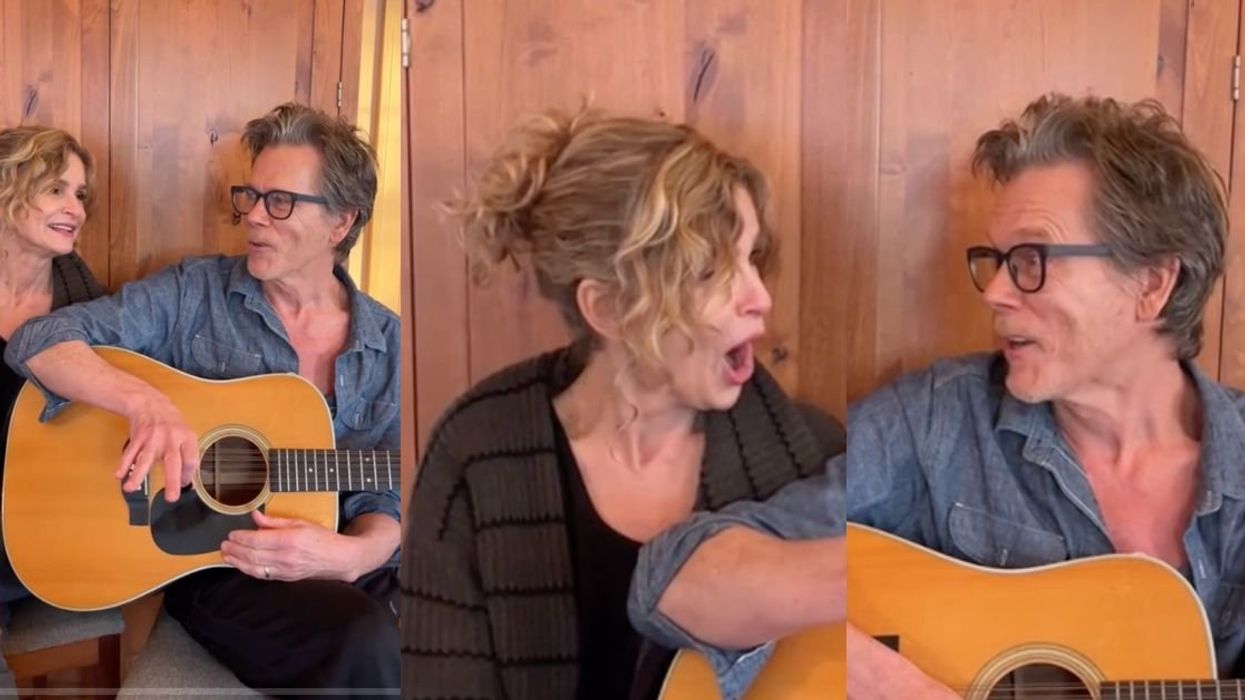

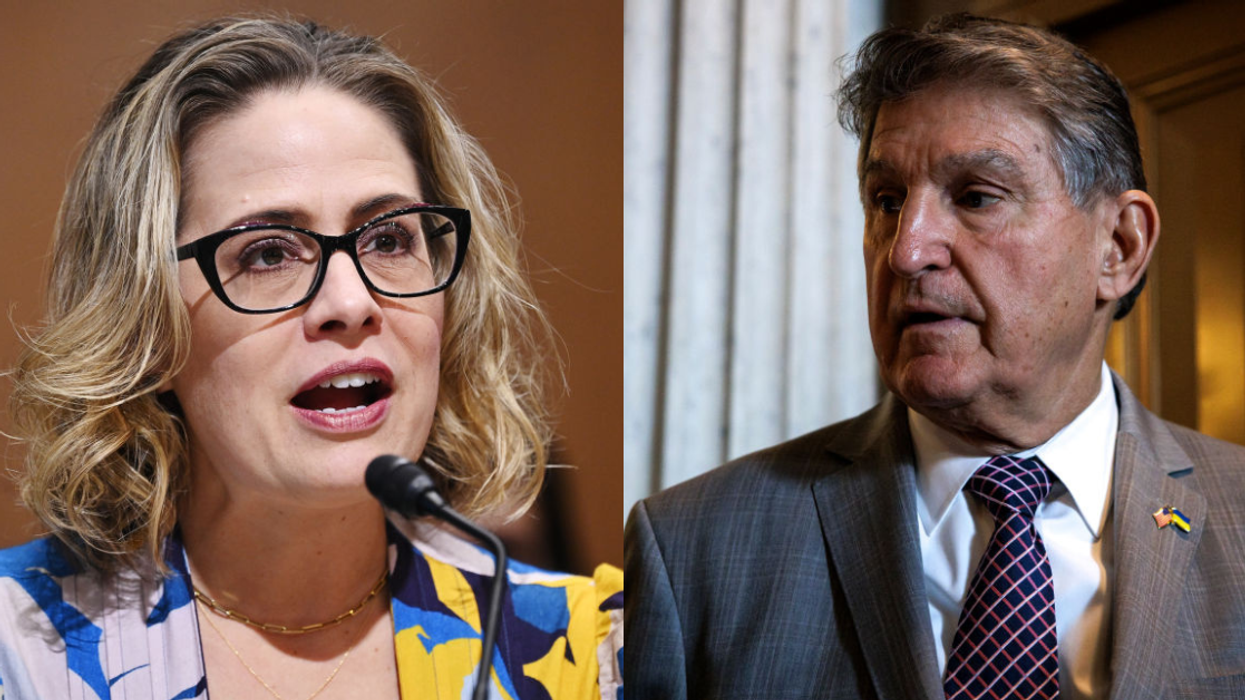

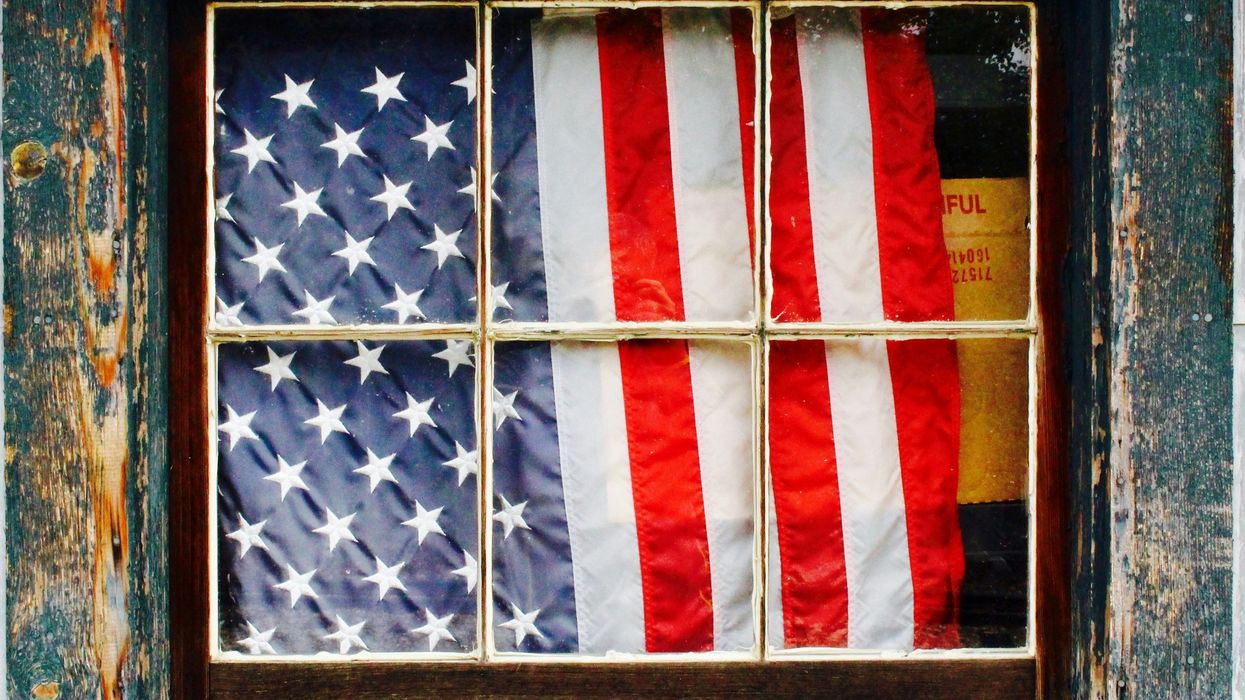


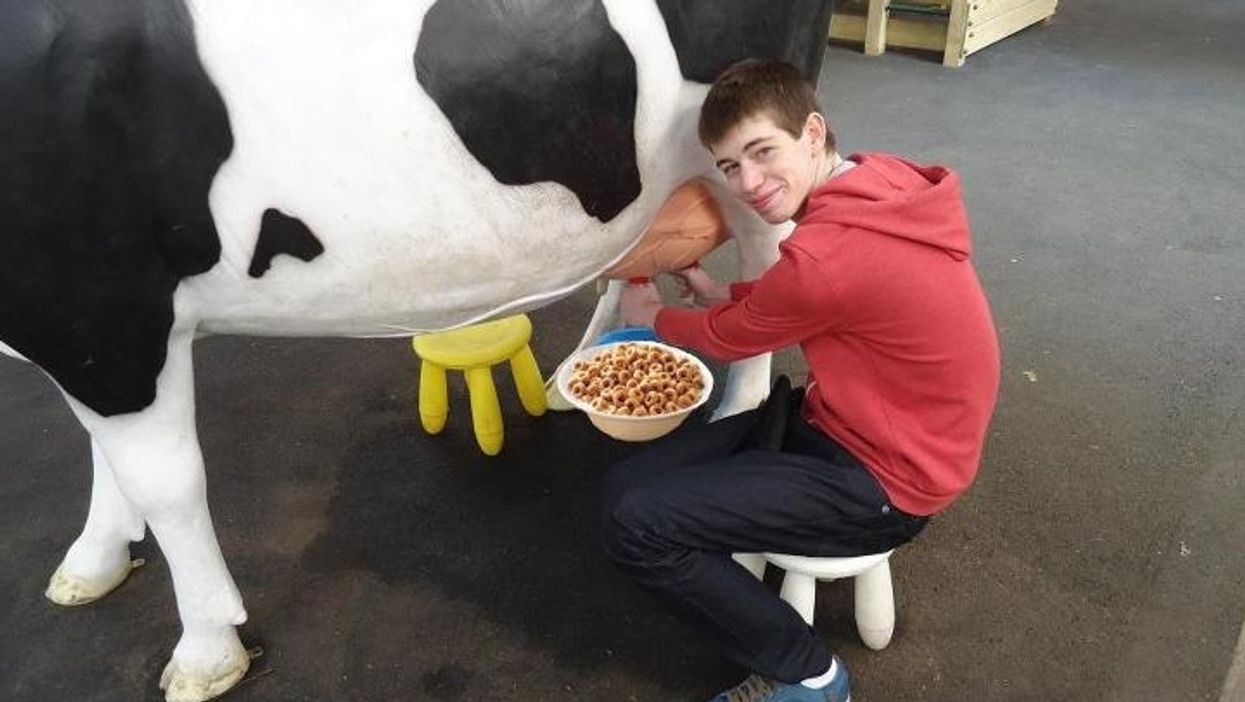




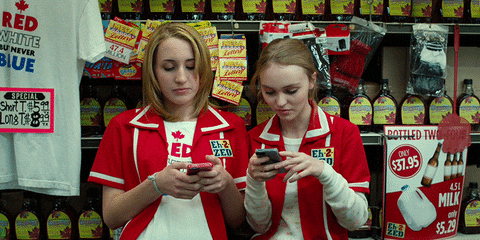 Texting Teens GIF by A24
Texting Teens GIF by A24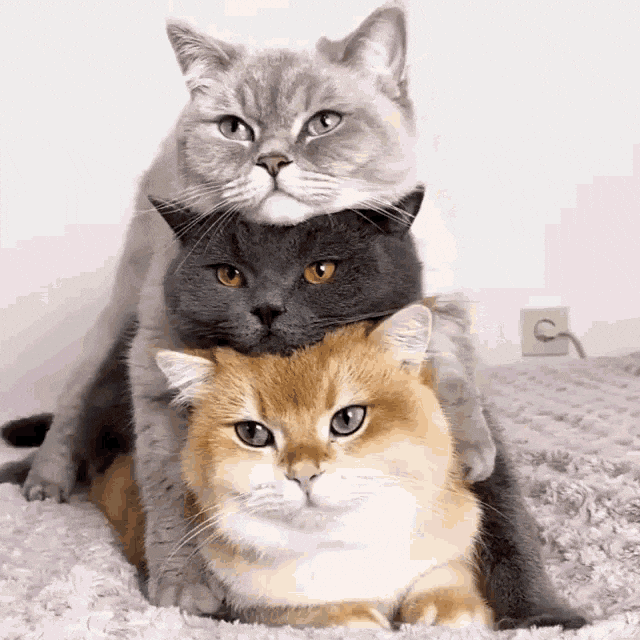 International Cat Day Cats GIF by MOODMAN
International Cat Day Cats GIF by MOODMAN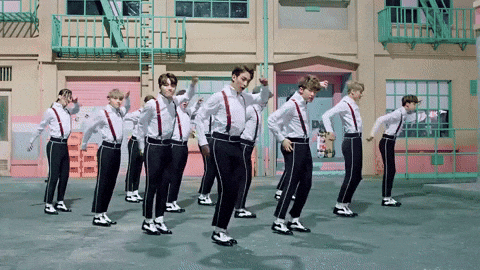 k-pop GIF by Korea
k-pop GIF by Korea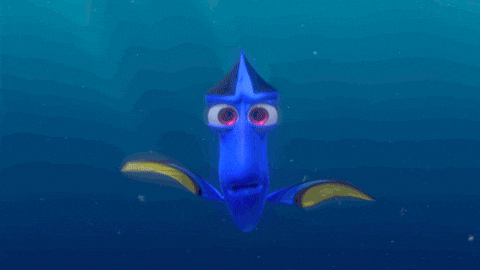 Finding Nemo Dory GIF by
Finding Nemo Dory GIF by 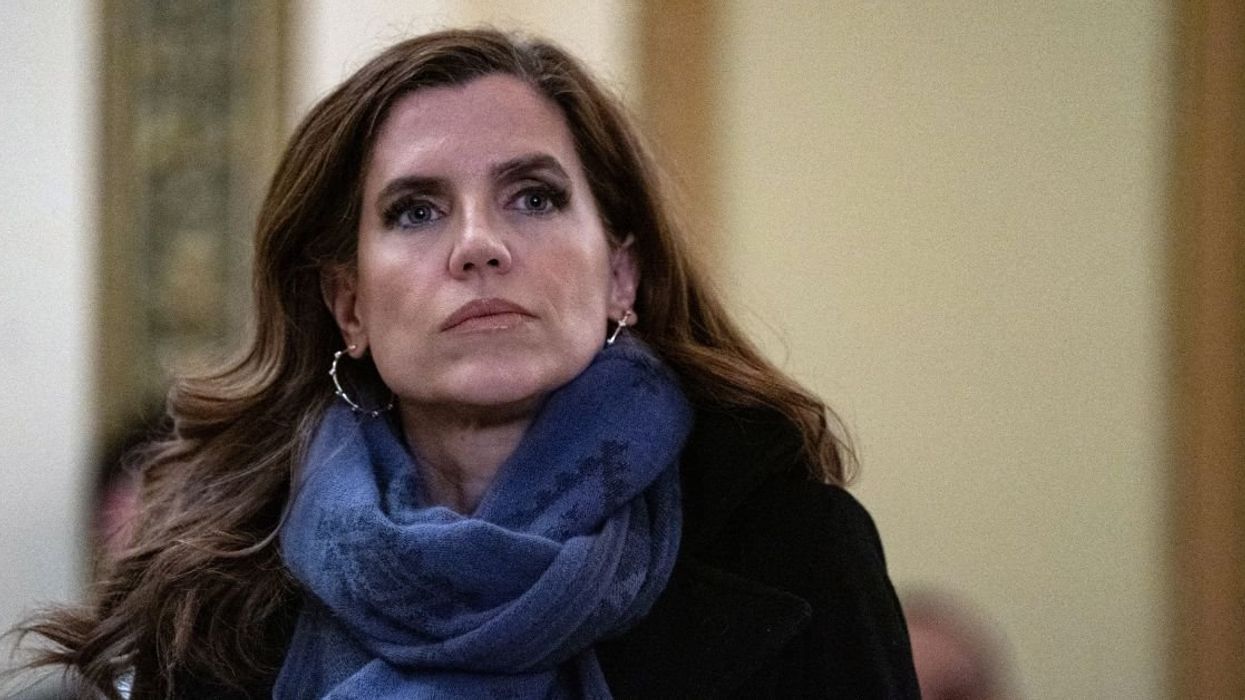

 @thedrewbarrymoreshow/TikTok
@thedrewbarrymoreshow/TikTok @thedrewbarrymoreshow/TikTok
@thedrewbarrymoreshow/TikTok @thedrewbarrymoreshow/TikTok
@thedrewbarrymoreshow/TikTok @thedrewbarrymoreshow/TikTok
@thedrewbarrymoreshow/TikTok @thedrewbarrymoreshow/TikTok
@thedrewbarrymoreshow/TikTok @thedrewbarrymoreshow/TikTok
@thedrewbarrymoreshow/TikTok @thedrewbarrymoreshow/TikTok
@thedrewbarrymoreshow/TikTok @thedrewbarrymoreshow/TikTok
@thedrewbarrymoreshow/TikTok @thedrewbarrymoreshow/TikTok
@thedrewbarrymoreshow/TikTok @thedrewbarrymoreshow/TikTok
@thedrewbarrymoreshow/TikTok @thedrewbarrymoreshow/TikTok
@thedrewbarrymoreshow/TikTok @thedrewbarrymoreshow/TikTok
@thedrewbarrymoreshow/TikTok